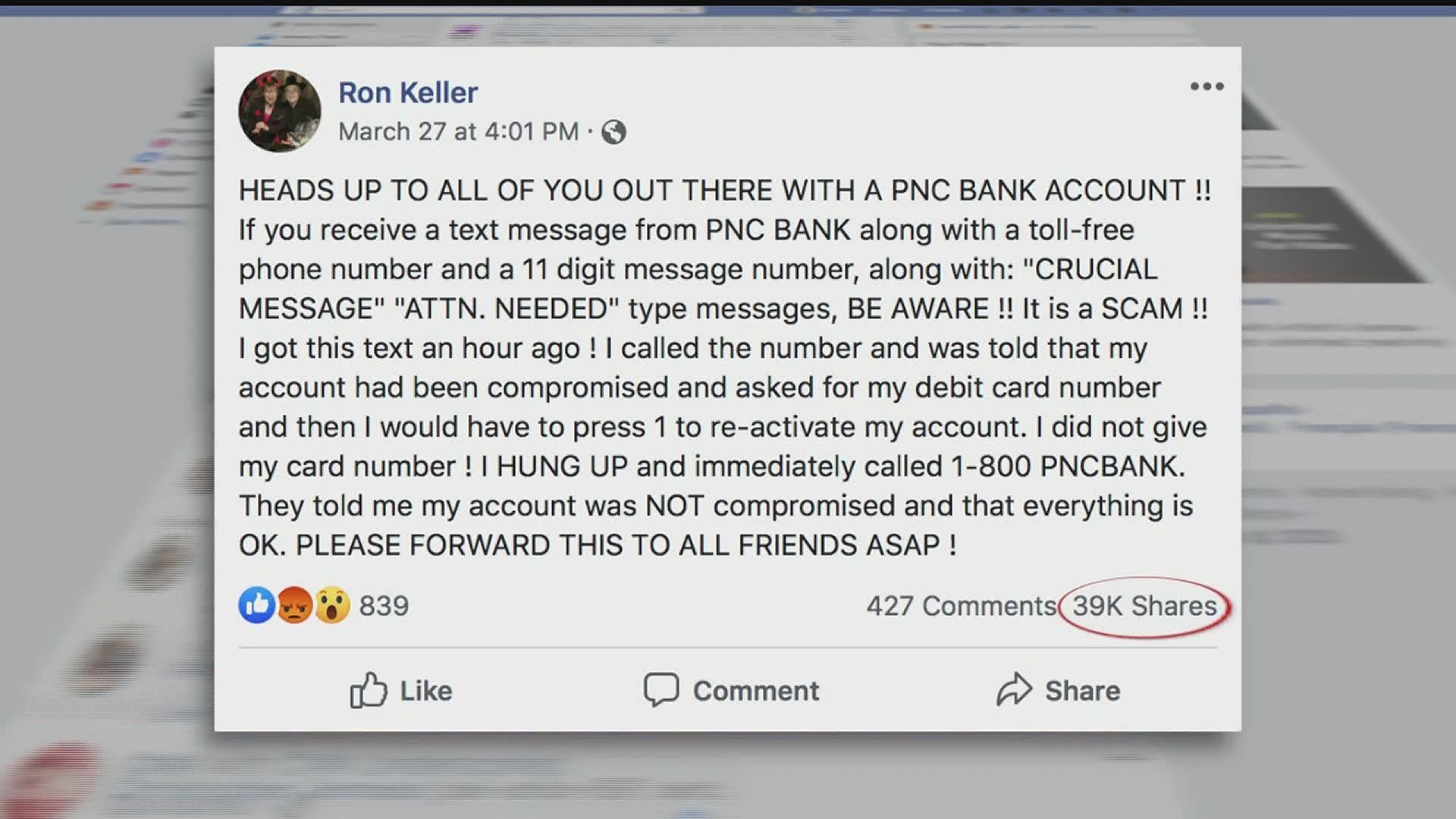HARRISBURG, Pa. — Note: The video above is from April 5.
Pennsylvania Attorney General Josh Shapiro is warning residents of the commonwealth to be wary of common online scams that increase around the holidays.
“Because of the pandemic, this holiday season looks and feels different than those in the past,” Shapiro said Tuesday in a press release. “These scams are present all year long and it is important that Pennsylvanians remain on guard. Make sure you know what these scams look like in order to protect your money, your identity, and your personal information.”
Here are some common scams the Pennsylvania Office of Attorney General is aware of:
- Email and Text Phishing – In a phishing email or text scheme, you may receive an email or text message directing you to enter personal information on a fraudulent website. These fraudulent emails or texts can appear to be from a shipping/delivery company or retailer that may claim to be an order confirmation you didn’t place.
- Delivery Stealing – If no one is home when deliveries are made, try to make arrangements with a trusted neighbor to hold your deliveries until you arrive home, or ask your employer if your deliveries can be dropped off at your place of employment.
- Credit Card Skimming – Be vigilant of credit card skimmers that steal your credit and debit card information at the ATM, gas pump, or other payment kiosks. Instead of inserting your credit or debit card into the slot of a merchant’s payment processing machine, consider using a payment app on your smartphone. For Pennsylvanians without smartphones, keeping track of your bank statements and transactions is also crucial to any lost money taken by skimmers.
- Romance Scams – Romance scammers strike up what appears to be a serious relationship, then ask their victims to pay for plane tickets, customs fees, visas. In addition, they may appear to transfer a large sum of money to a victim’s checking account, but the money transfer turns out to be fake.
- Online Pet Scams – Pet sale scammers pose as online retailers, charging hundreds or thousands of dollars for the puppy or kitten, plus airline and transport fees. A common twist is the scammer notifies you the animal is at the airport, but additional fees are needed from you before the animal will be delivered. Check with your local animal rescues or shelters for particular breeds or sizes, or only deal with a seller in person where you can visit and meet the parents of the puppy or kitten, and inspect the premises.
- Online Pop-up Advertisements – While on your computer or mobile device, you may see pop-up ads claiming you’ve won a gift card or a valuable prize. Never click on these links, as they may contain a virus or make your device susceptible to being hacked.
- Online Marketplace Deals – Be suspicious of sellers promising deals on peer-to-peer apps and online marketplaces, offering the latest popular toys and games that are difficult to find.
Here are some ways to prevent yourself from falling victim to an online scam, according to Shapiro:
- Set up email or text alerts with your credit card company or bank, so you’ll be alerted quickly to all purchases, including fraudulent purchases.
- Install the latest security updates and run virus scans regularly on your computer or mobile device.
- Never use your home’s smart device, such as Alexa, Siri, or Google Home, to find a customer support number for any company, and have the system dial it for you. Go directly to the company’s website, call the number on the back of your credit or debit card, or the number on your billing statement.
- Never pay with a prepaid gift card, CashApp, or Venmo or wire someone money when you’re trying to buy a gift online. Use your credit card, not a debit card, for better protection.
Anyone who believes they may have been scammed should file a police report and should file a complaint with the Pennsylvania Office of Attorney General by visiting https://www.attorneygeneral.gov/submit-a-complaint/.

